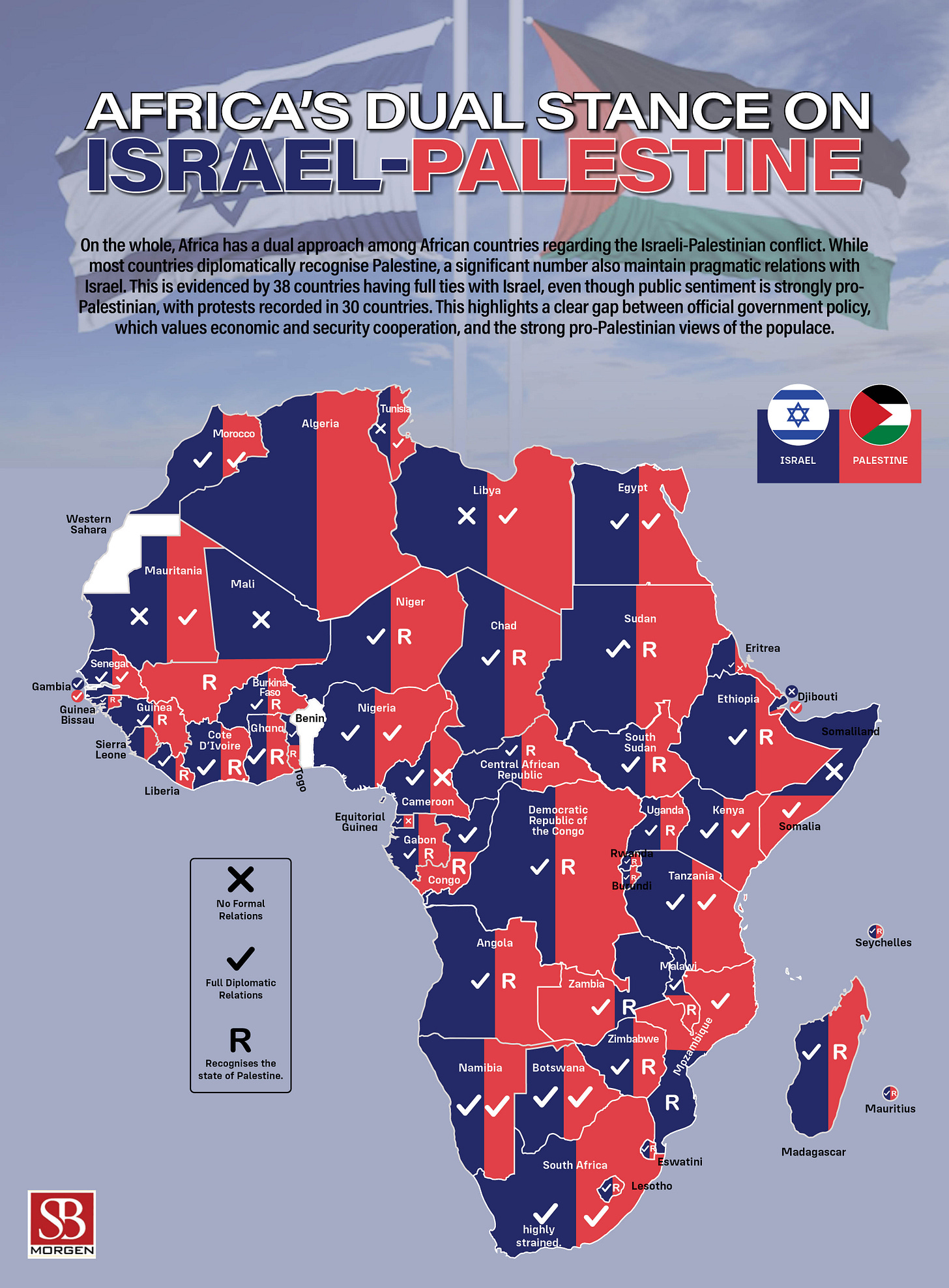Public sentiment, diplomatic implications
Thousands across Kenya, Senegal, and South Africa demonstrate for Palestine, urging action over the Gaza famine.
Tens of thousands across Kenya, Senegal, and South Africa have staged peaceful demonstrations in solidarity with Palestine, amid intensifying concern over the humanitarian crisis in Gaza. Protesters from diverse backgrounds gathered in major cities, calling for an end to the violence and urging their governments to take a more active stance. Chanting slogans and holding placards, participants condemned the ongoing conflict and demanded international action to protect civilians. These demonstrations align with a broader global movement expressing solidarity with Palestinians and advocating for humanitarian intervention. The protests reflect mounting public pressure across Africa and beyond for diplomatic engagement and accountability in response to the deteriorating conditions in Gaza.
Recent protests across Kenya, Senegal, and South Africa represent a significant resurgence of African engagement with the Palestinian cause. This movement is arguably the most widespread since the African National Congress's (ANC) historic alignment with the Palestine Liberation Organisation (PLO). These multi-ethnic, peaceful demonstrations are largely led by young people, signalling a new era of grassroots political consciousness that transcends historical, religious, and national divides. This renewed activism is built on a foundation of long-standing African solidarity with Palestine, rooted in shared histories of colonialism and resistance. For many young Africans, the Palestinian struggle echoes their own experiences with inequality and systemic injustice. This connection has been amplified by the widespread circulation of graphic images from Gaza on social media, further embedding pro-Palestinian sentiment within the discourse of global youth activism.
Interestingly, this pro-Palestinian sentiment is emerging even in predominantly Christian African societies. Traditionally, religious affiliations in these countries have leaned towards Israel due to evangelical teachings and Western influence. However, the scale and brutality of the Gaza conflict appear to be changing perceptions. Some African Christian leaders have publicly criticised Israeli actions and called for a ceasefire, signalling a departure from traditional theological alignments. This shift is even more pronounced among younger populations, with humanitarian concerns increasingly superseding inherited religious loyalties.
This shift in public opinion could also reshape Israel's engagement with the continent. A look at the diplomatic landscape reveals a complex picture. The vast majority of African nations, 40 of 54, recognise Palestine's statehood. However, most of these same countries also maintain full diplomatic relations with Israel, indicating a pragmatic, dual approach to foreign policy. A smaller bloc, including Algeria, Comoros, and Libya, refuses formal ties with Israel while supporting Palestine. Yet, since the 2010s, Israel has normalised ties with over 40 African states, leveraging partnerships in agriculture, defence, and technology—often based on economic pragmatism. This pragmatic approach is now being challenged. The war has reignited anti-Israel sentiment, with the African Union calling for diplomatic solutions and South Africa initiating legal proceedings against Israel at the International Court of Justice. This growing domestic pressure, highlighted by significant protests in numerous countries (even those with full Israeli relations), may compel African governments to adopt firmer pro-Palestinian stances to align with their constituents.
In Kenya, the protests carry particular weight. Since being designated a major non-NATO ally by the United States in June 2024, Kenya has deepened its security cooperation with Washington, particularly on counter-terrorism in the Horn of Africa. Despite its majority-Christian population, Nairobi has maintained a relatively balanced diplomatic stance on the Israel–Palestine issue, abstaining from some UN votes that are critical of Israel. However, growing domestic mobilisation could force a recalibration. Kenyan President Ruto must now navigate public sentiment without jeopardising strategic ties with both the U.S. and Israel. Sustained, youth-led dissent may also embolden opposition voices and complicate Kenya’s role as a reliable regional partner.
The United States may respond to these shifts with quiet but firm diplomatic pressure, especially on close allies like Kenya. Recent domestic actions by the Trump administration—such as visa restrictions and executive orders targeting alleged antisemitism in pro-Palestinian academic activism—suggest this approach could extend to international students or visitors, including Africans. However, outright confrontation is unlikely given the strategic importance of African partnerships in countering Chinese influence and supporting U.S. security objectives.
Ultimately, these protests reflect a broader recalibration of African political sentiment. Public solidarity with Palestine is not merely a reaction to recent events but is rooted in long-standing commitments to anti-colonial struggle, racial justice, and equitable global governance. While African governments may act cautiously to protect diplomatic interests, the growing assertiveness of African civil society signals a significant shift. The challenge for African states will be to balance strategic alliances with their increasingly engaged domestic constituencies in a complex and morally charged geopolitical environment.


